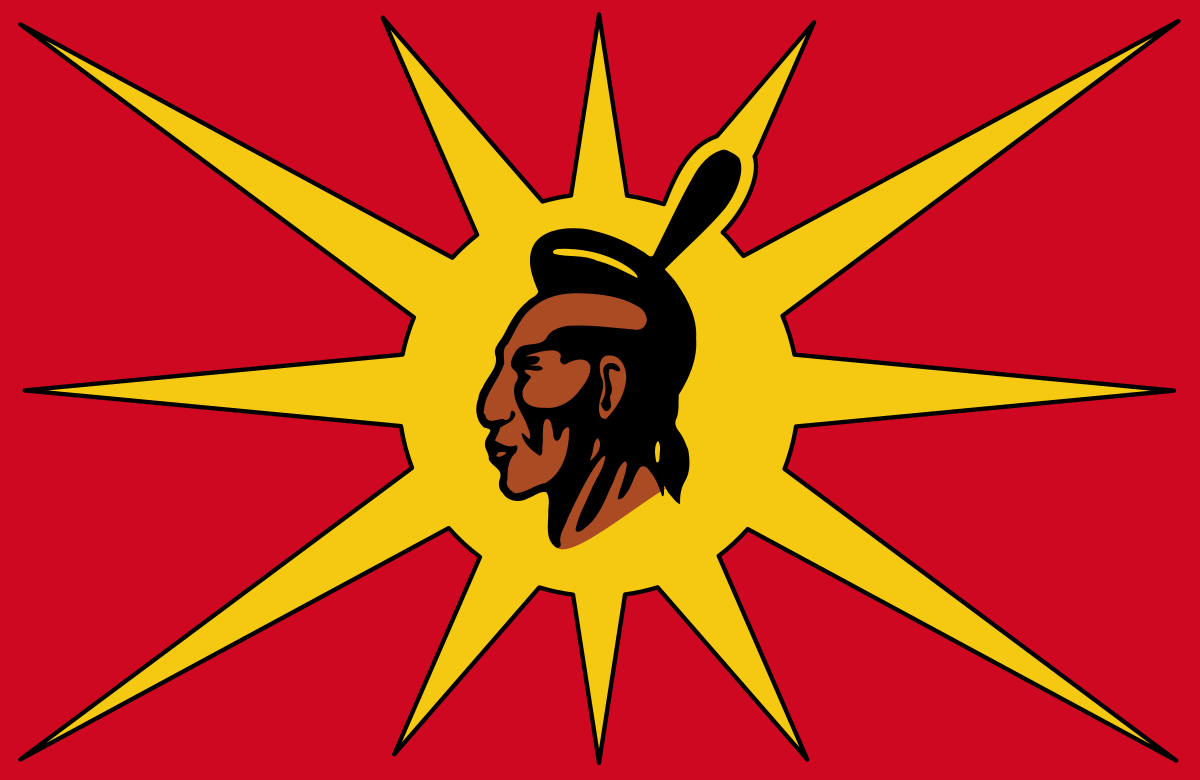Overview of Kahnawake Gaming License
The Kahnawake Gaming Commission (KGC) regulates all interactive betting “within and from the Mohawk Territory of Kahnawake” under the Regulations Concerning Interactive Gaming first adopted in 1999 and last amended in December 2024. The framework is recognised as one of the first jurisdictions to authorise online gambling and today supervises more than 50 active sites covering casino, sports betting and poker.
Role of the Kahnawake Gaming Commission (KGC)
Created by the Mohawk Council of Kahnawake in 1996, the KGC is the sole licensing and regulating authority for gaming inside the Territory of Kahnawake. The Commission:
- Issues and renews five licence types (IGL, CPA, KPL, LDSA, CSPA).
- Audits RNG, uptime and fair gaming controls at all permit holders.
- Runs a full-time dispute officer to handle player complaints within the jurisdiction.
- Enforces AML rules that mirror Canadian federal standards; operator must file suspicious-transaction reports.
Types of Kahnawake Gaming Licenses
The KGC offers several distinct license types designed to accommodate different business models and operational requirements within the gaming industry.
Interactive Gaming License (IGL)
Only one IGL exists – held since 1999 by Mohawk Internet Technologies (MIT), the sovereign data-centre arm that hosts all approved gaming sites.
The IGL holder operates the data center infrastructure that hosts all other licensed operators within the jurisdiction. This exclusive arrangement ensures centralized technical oversight and security standards for all gaming operations conducted from Kahnawake. The IGL authorization includes the right to provide hosting services and technical infrastructure to other license holders.
Client Provider Authorization (CPA)
A CPA lets an online gambling operator run a casino, sportsbook or poker rooms from servers inside MIT. Application fee: USD 40 000 (covers due-diligence + first annual fee); annual thereafter: USD 20 000; renewal: USD 5 000.
Key Person License (KPL)
The Key Person License is required for each director or exec who will control gaming decisions. Fee: USD 5 000 first year; USD 1 000 annual renewal.
Live Dealer Studio Authorization (LDSA)
Needed to stream live-table content from the Mohawk Territory of Kahnawake. Application: USD 30 000; annual: USD 10 000; renewal: USD 5 000.
Client Software Provider Authorization (CSPA)
For B2B brands that supply gaming software to CPA sites. Application: USD 40 000 + USD 3 000 per third-party operator; annual: USD 20 000.
Application Process for Kahnawake Gaming License
Below is the standard path to a CPA – the permit most iGamingX clients choose. The process typically takes 4-8 weeks from submission to approval.
| Step | Action | Lead time |
|---|---|---|
| 1 | Sign hosting deal with MIT and prepare license application forms (Schedules B–E) | 1 week |
| 2 | Pay USD 40 000 deposit to cover due diligence and first year fee | Day 0 |
| 3 | KGC due-diligence on owners, key person records, source of funds | 4–6 weeks |
| 4 | Submit Control System and RNG test certificates (Schedule I) | Week 6 |
| 5 | Receive provisional approval; complete server move-in at MIT data centre | Week 7 |
| 6 | License will be issued after final inspection; site may go live | Week 8 |
Costs Associated with Kahnawake Gaming License
The Kahnawake gaming license is known for its affordability compared to other major jurisdictions. The initial $40,000 fee for CPA includes $15,000 for the commission’s due diligence investigations (non-refundable), $20,000 for the first annual licensing fee (refundable if license not granted), and $5,000 for the Key Person License application.
| Item | Cost (USD) | Notes |
|---|---|---|
| CPA application (inc. first annual) | 40 000 | Refundable if rejected |
| Annual CPA fee (Year 2+) | 20 000 | Flat per operator |
| KPL fee per person | 5 000 first year / 1 000 renewal | Mandatory for executives |
| LDSA application | 30 000 | For live-table studios |
| CSPA application | 40 000 | +3 000 per downstream brand |
| New domain fee (from 2025) | 1 000 | Per extra URL under a CPA |
License cost is all-inclusive – no hidden gaming duty.
Taxation and Financial Benefits
The Kahnawake gaming license offers one of the most attractive tax environments in the global gaming industry. Kahnawake levies 0 % corporate tax and no gambling duty on licence-holders, making it one of the most attractive low-overhead options in North America. Profits may be distributed offshore without withholding, subject to home-state rules.
Compliance and Ongoing Obligations
Licensed operators must maintain ongoing compliance with KGC requirements throughout the license validity period. The commission conducts regular monitoring to ensure continued adherence to regulatory standards and player protection measures:
- Quarterly financial returns and RNG logs to the KGC.
- Independent IT audit every 12 months; KGC may order spot checks.
- Maintain a Dispute Resolution contact and post links for player complaints.
- Adhere to the self-exclusion programme mandated by the commission’s regulations concerning interactive gaming.
- All traffic must route through MIT to stay “within the Mohawk Territory” – remote mirrors are not allowed. Operator must seek approval for any new domain under the 2025 fee rule.
Advantages of Licensing in Kahnawake
The Kahnawake online gaming license offers numerous compelling advantages that make it attractive to both startup and established gaming operators seeking credible, cost-effective licensing solutions
| Benefit | Detail |
|---|---|
| Speed | Provisional approval in as little as 8 weeks |
| Cost | Lower entry fee than MGA or Isle of Man, zero tax |
| Reputation | Over 25 years of clean regulatory record – banks treat KGC as stable |
| Infrastructure | MIT hosts >500 gaming sites with Tier-III power and peering |
| Scope | One CPA covers casino, sportsbook, poker, esports and lotteries under a single badge |
| Player trust | Visible KGC seal + dispute channel promotes responsible and fair gaming practices |


